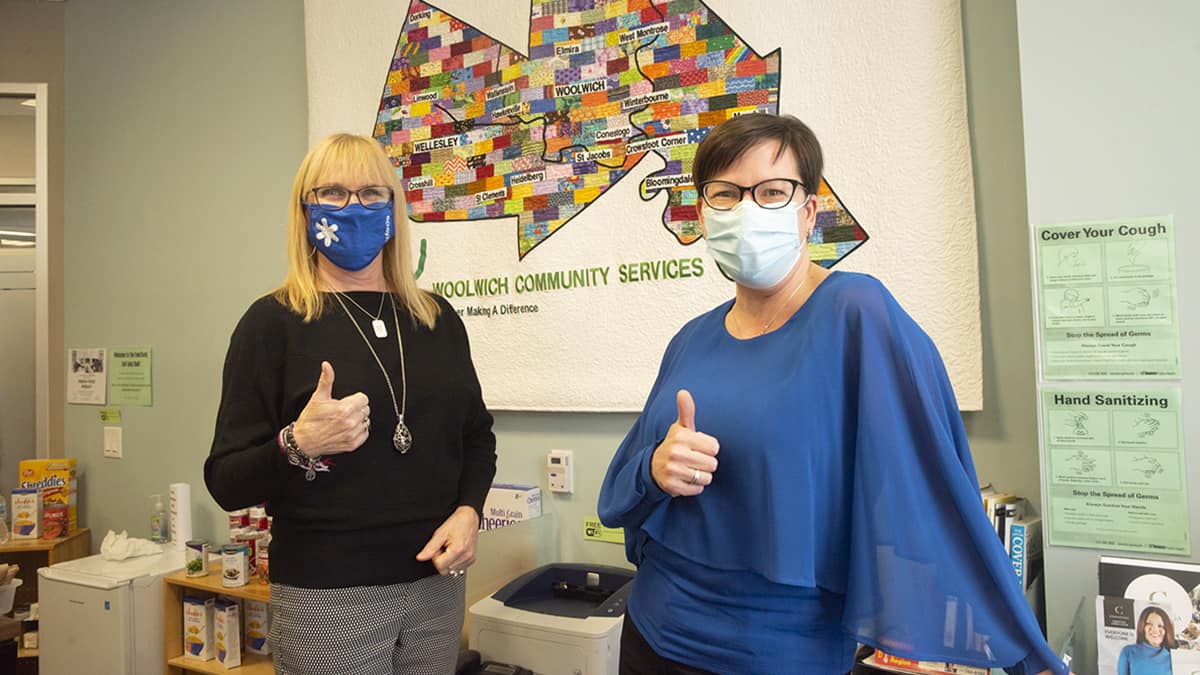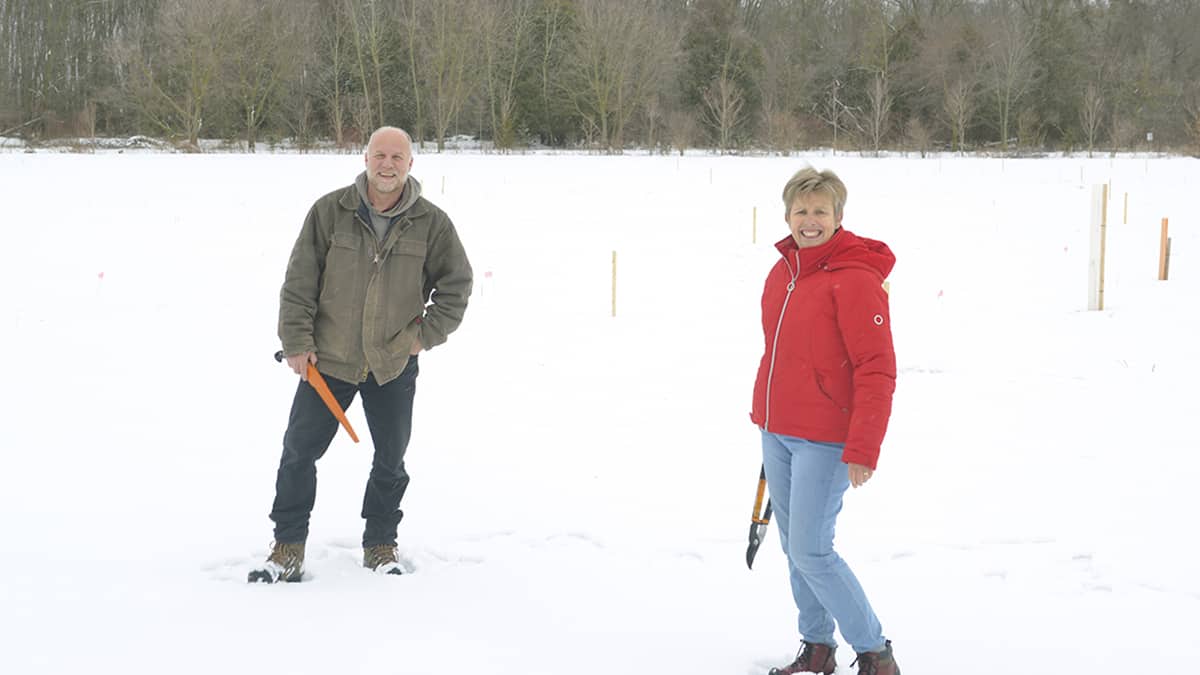The average homeowner will see a 0.51 per cent increase on the regional portion of their property tax bills, which accounts for more than half of the total, under the 2021 budget approved last week by council.
That would add about $3 per $100,000 of assessed value to the bill, though the numbers will be lower in the townships where there are fewer services than in the cities. A reduction in the library budget – the Region of Waterloo Library serves only the four townships – and higher assessment growth are also factors in lowering the rates.
In Woolwich, where the township uses an average assessed value of $409,400, the impact will be $1.56/$100,000, while in Wellesley that figure is $0.98. The township uses an average of $398,143. By comparison, the rate in the cities is $3.40.
The overall increase is based on 1.6 per cent increase for police services, with no increase for all other regional services.
The region plans to spend $842 million, of which $581 million will come from taxes levied directly on residents. Of the levy figure, $185 million is for the Waterloo Regional Police, a $5-million increase from the 2020 budget.
The 2021 budget includes some $20 million over two years for affordable housing, $15 million over two years to support of Indigenous, Black, racialized and other marginalized communities and $3 million over the next 18-24 months in temporary supports for businesses impacted by the pandemic.
Wellesley Mayor and regional Coun. Joe Nowak said he was happy with this year’s budget, adding residents should be as well seeing as it is the lowest increase in some two decades.
Nowak noted the the budget is city-centric, focusing on issues that have come to light in the past year, such as the Black Lives Matter movement and Indigenous issues – “$15 million ,over two years to invest in support for the Indigenous, Black, racialized and marginalized communities. I think that that speaks volumes to the fact that we have listened, that the region has listened, the council has listened to the concerns, and we’re doing what we can to address that.”
He also pointed to the $20 million allocated to help shorten the waiting list for affordable housing in the region.
The region also approved a number of fee increases, including airport services increases for landing fees, lease rates, lost parking ticket fee, and introduction of hot air balloon landing fee and apron sweeping fee. In the waste management department, there will be increases to tipping fees, recyclable tipping fees, the special handling load rate, minimum rate and the introduction of the new asbestos handling fee. Additional fees are also planned in a host over other areas, from transit to planning and paramedic services.
Also on the fee side, the region is looking to add 24 more photo radar cameras beyond the eight already earmarked for school zones, with installation by September. That met with approval from Woolwich Mayor and regional Coun. Sandy Shantz.
“I certainly support the motion. One of the biggest complaints we get is driving and speeding. My question is about the empirical data that you’re going to use,” she said. “Also, I just want to put a plug in to make sure that it’s not just by population, because you certainly have [cases], in some school zones, where people are coming through at 80 kilometres an hour because it’s a settlement area.”
She noted that regional roads in the townships often have higher speed limits and, thus, faster-moving traffic passing by schools.
“So, I just want to put a plug in to say, ‘please consider some of the dangers of those higher rates of speeds that come through our settlement areas as well.’”
In the townships, a 7.2 per cent reduction in the Region of Waterloo Library budget, down to $2.8 million, is reflected in the lower tax hit.
“Council has a thoughtful, deliberate and purpose-built plan that aims to bring a better quality of life to all of our residents now and into the future,” said regional Chair Karen Redman in a release. “The approval of today’s budget is a major milestone investment in that plan and vision. “We recognize that our goal is to improve the lives of all of our 630,000 residents, and while there is a long road to travel, we must also recognize that today is a big step forward in the right direction.”









